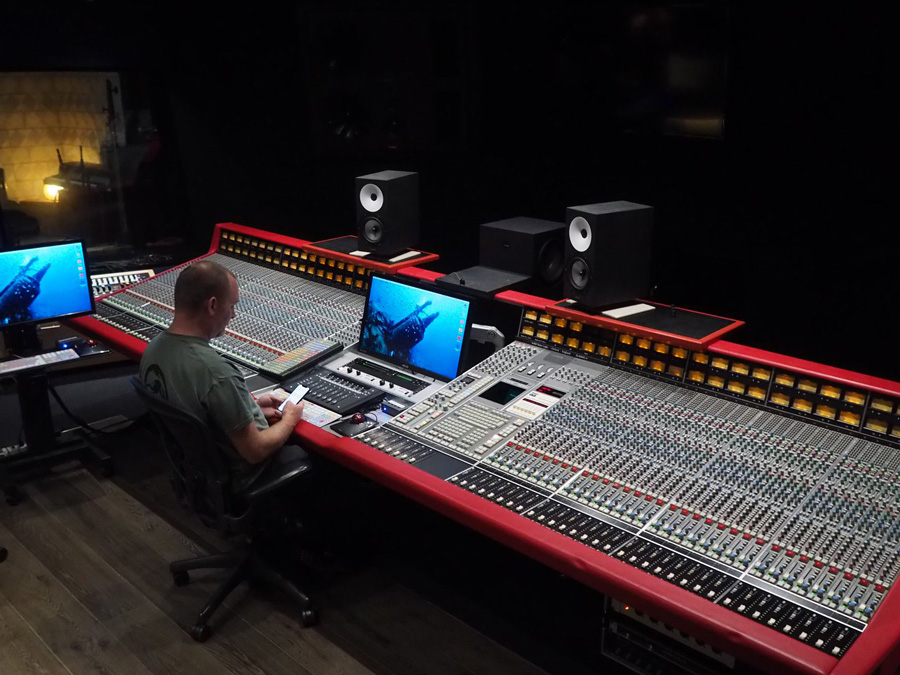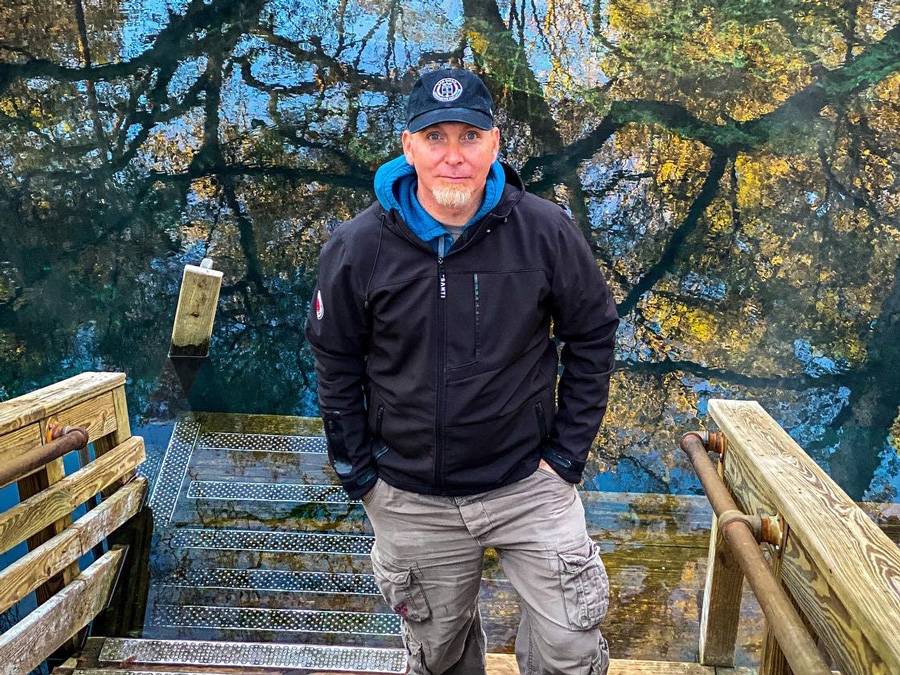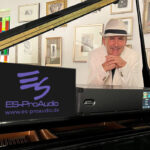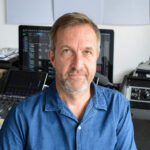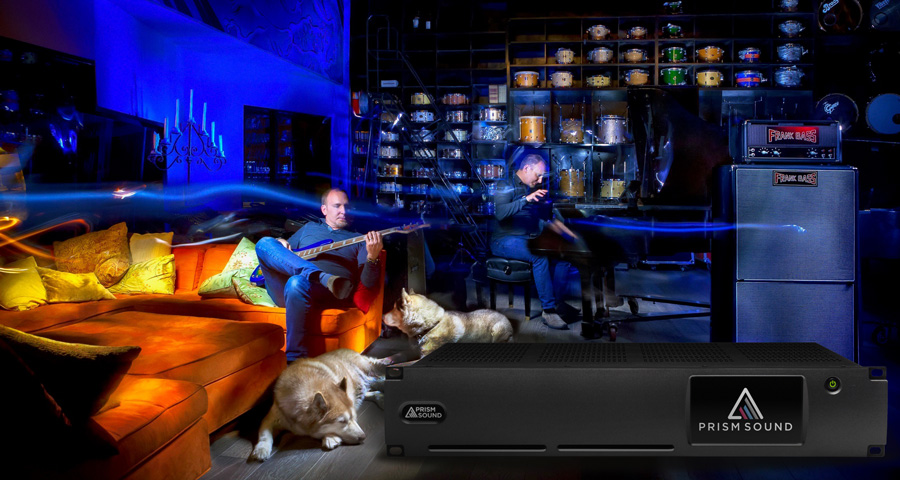
July 25th 2023: Engineer and former Sphere studio owner Francesco Cameli says the portability and flexibility of Prism Sound’s Dream ADA-128 converter is ideal for his current workflow.
Engineer and producer Francesco Cameli, the man behind the London and Los Angeles iterations of Sphere Studios, has become one of the first people in the world to own a new Prism Sound Dream ADA-128 multichannel converter.
“It’s impressive,” says Cameli, who has been using Prism Sound converters for over 20 years. “The audio quality is everything you would expect from a Prism Sound product. It is sonically accurate and doesn’t colour the sound in any way, which is exactly what I want from a converter. I would far rather work with a converter that gives me a true representation of what I am recording, rather than something that makes everything sound warmer and brighter than it is. Prism Sound conversion is always honest, and this new unit continues that pedigree.”
As an engineer with millions of record sales to his credit, Francesco Cameli needs no introduction. In 2001, aged just 22, he opened the multi-room Sphere Studios in London and ran it as a highly successful facility for 14 years before deciding to relocate to the USA. During that time Sphere London hosted sessions for many internationally acclaimed artists and producers, including Queen, Genesis and Sir Andrew Lloyd Webber. Cameli – an Italian-born bassist, who attended The Musicians’ Institute in London and Berklee College of Music in Boston – also achieved recognition, winning two Tech awards for his work with Adele on 21 and for the soundtrack for the James Bond film Skyfall.
Relocating the studio complex to the US west coast was a marathon project that finally came to fruition in 2016 with the opening of Sphere Studios Los Angeles. This facility in North Hollywood was formerly Kung Fu Gardens, a studio owned by singer-songwriter and record producer Linda Perry. Cameli wanted to maintain the creative vibe of the existing studio but was also keen to marry that with functionality. To that end he transported a lot of the equipment from Sphere London to the new base, including a vintage SSL G Series console and the large collection of Prism Sound ADA-8XR multi-channel modular AD/DA converters that he had built up over the previous 14 years.
“Prism Sound was very much part of the Sphere London experience,” he explains. “Everyone who worked there loved the ADA-8XRs and were equally pleased when we added a Prism Sound/Maselec MEA-2 analogue equalizer and a Prism Sound/Maselec MLA-2 analogue compressor to our equipment list. All of this moved to LA with me and became just as popular with customers in the USA.”
One artist in particular loved Sphere LA so much that they made it their mission to buy it. Throughout the COVID pandemic and beyond, the artist (who can’t be named for contractual reasons) made offer after offer until eventually, in 2021, Cameli agreed to sell the studio.
“I had no intention of selling Sphere because it was a fantastic studio and I was so happy there,” Cameli says. “We had many hit records, amazing staff and great equipment, including walls of Prism Sound converters. Initially I turned down all offers to buy it, but eventually I capitulated.”
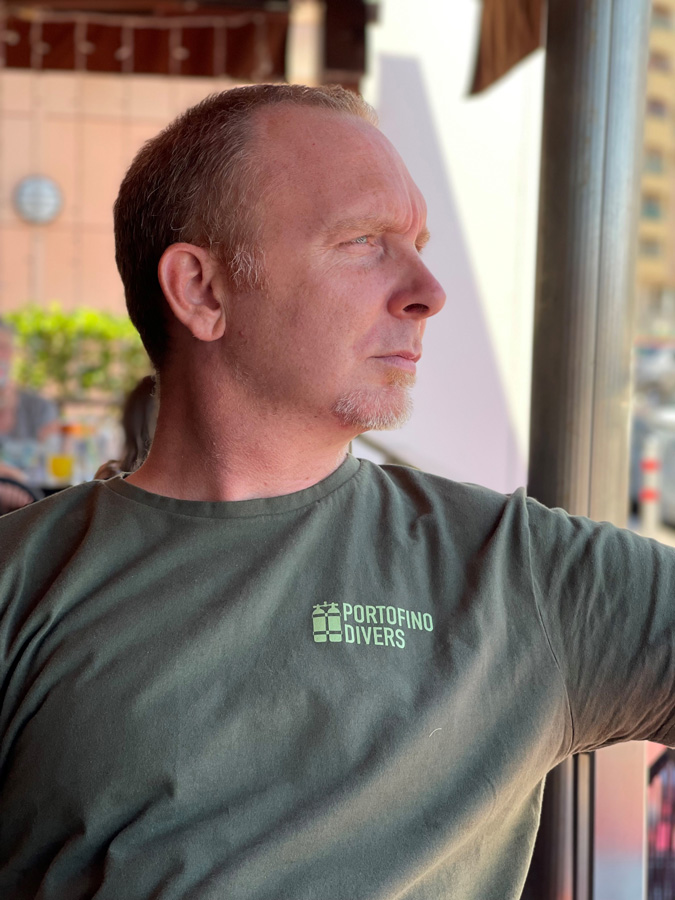
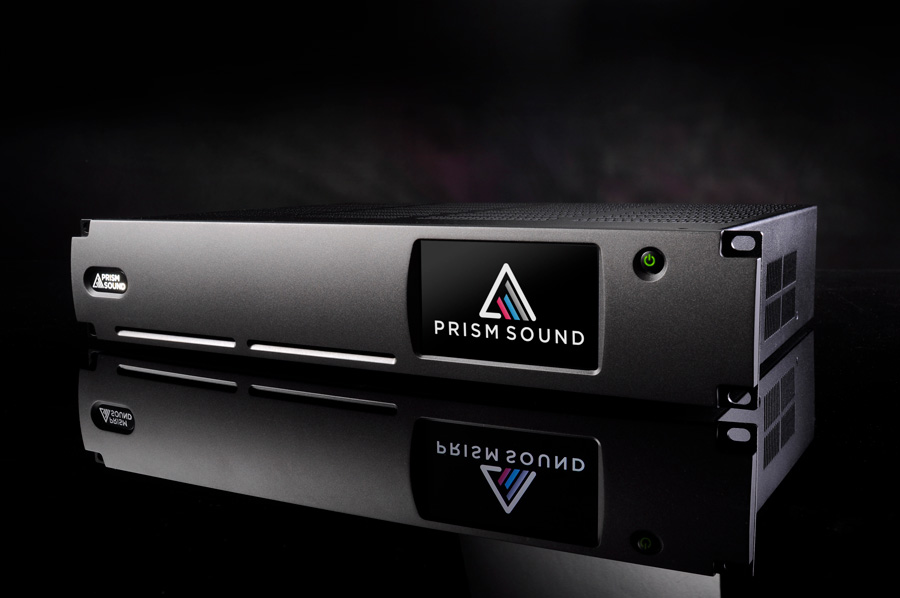
When Cameli finally handed over the keys to Sphere LA, he went home with one of the older Prism Sound converters, a Pro Tools rig, his vintage guitar collection and four drum kits. He admits it was quite a shock to find himself not owning a studio, but the self-imposed break has given him a chance to think about what he wants to do next.
“I’ve been hopping around other studios as a freelance engineer and that’s been fun, but I can never look at another person’s studio without feeling I could improve on it,” he says. “I guess that’s the legacy of spending 20-odd years as a studio owner. I’m not sure I want to go back to owning a large complex, but I can see myself setting up something smaller in the future if the right premises turns up.”
A driving factor in that decision could well be Cameli’s recent acquisition of the SSL G series console that always had pride of place at Sphere – firstly in London and then in LA. He quickly realised how much he missed it and was delighted when Sphere’s new owner agreed to sell it back to him. Knowing it was on its way prompted Cameli to order a new Prism Sound ADA-128 modular converter so that he could complete the mix room environment he has now set up at home.
“My relationship with Prism Sound is very good and I was aware for some time that this new converter was in the pipeline,” he says. “I wasn’t convinced that anything could beat the sound quality of the ADA-8XRs, but this unit certainly impresses. Also, the fact that it is so small means I can now take it with me wherever I go, and I’m not tied to the converters other people’s studios offer.”
Prism Sound’s Dream ADA-128 is a modular audio conversion system offering up to 128 channels of 32-bit A/D and D/A conversion at sample rates of up to 768kHz. It is designed as both a conversion system and a high-performance, networkable audio distribution and processing system, with a flexible 2RU mainframe that can be fitted with up to 16 analogue and digital IO modules (each of which nominally provides eight input or output ports, or both). Up to four host modules provide bidirectional multi-channel connections to host computers, workstations, networks etc, with the ADA-128 providing free routing between all of these inputs and outputs under detailed user control, as well as a wide range of processing functions.
Aimed at audio professionals across many different disciplines, including music recording, Atmos mixing, postproduction, broadcast and installation, The ADA-128 builds on Prism Sound’s ‘no compromise’ design philosophy but moves the game forward in terms of power, functionality and flexibility. It is also a very cost effective solution for people who require a high channel count – to put this into perspective, for 128 channels of ADA-8XR conversion it would cost approximately £25,000 more and take up a lot more space in a rack.
“My ADA-128 is set up as a single user unit, but because it has four host ports at the rear I could, in theory, add three more host cards and significantly expand the system,” Cameli says. “If this unit had existed when I built the first Sphere complex, I could have put a couple of them in my central machine room and simply assigned I/O to wherever it was needed. Genius! I can certainly see the benefits of having a modular system and I am sure there will be a lot of larger facilities that will appreciate it.”
For now, though, Cameli is simply enjoying the sound quality offered by his new ADA-128, which he is using in conjunction with his G Series SSL and Pro Tools.
“My whole set up is high quality, from the console and converter through to the PMC BB6 monitors that allow me to hear exactly what I am recording and mixing with no nasty surprises,” he says. “What I hear is what I get. It’s accurate and true and when I give a client the finished result of my work, I know that it will sound good through any set of monitors. As engineers, we are only a very small part of the creative process. Our job is to help the artist capture the sound they have envisaged without messing it up. Fixing mistakes is not creative, which is why I want all the equipment I use to be invisible in terms of its sonic input. Prism Sound’s converters do this admirably and I am really pleased that the new ADA-128 continues this tradition.
